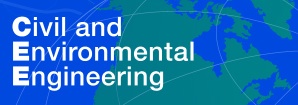Members of the Subsurface Hydrology Research Group
Current Group Members
Professor Michael Celia
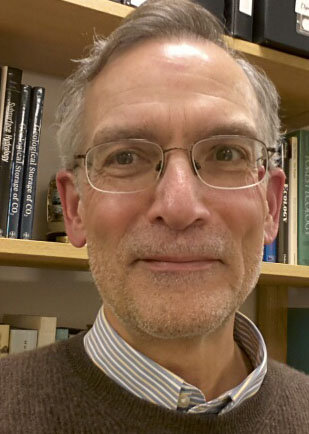
Professor Celia is the Theodora Shelton Pitney Professor of Civil and Environmental Engineering at Princeton University, and currently serves as the Director of the Princeton Environmental Insttute. Professor Celia's areas of research include ground-water hydrology, multi-phase flow in porous media, numerical modeling, and subsurface energy systems with a focus on geological sequestration of carbon dioxide. Ongoing projects include development of new simulation tools to model CO2 injection, migration, and possible leakage associated with carbon capture and sequestration (CCS) technologies; studies of multi-phase flow and transport in porous media with a focus on multi-scale models; measurements of methane leakage from different hydrocarbon-related sources, and development of infrastructure to enable development of large-scale CCS.
Karl Bandilla, Ph.D.

Karl is currrently an Associate Research Scholar in the Department of Civil and Environmental Engineering at Princeton. He received his PhD in Civil, Structural and Environmental Engineering from the University at Buffalo in 2009 on the topic of regional groundwater flow and contaminant transport modeling. After finishing graduate school Karl was rewarded a National Research Council Research Associateship stationed at a US Environmental Protection Agency research laboratory in Athens, GA, where he worked on using semi-analytical methods to model pressure perturbations due to CO2 injection into deep saline aquifers. Karl is currently working on large-scale modeling of CO2 injection, migration, and leakage, with a focus on multi-scale modeling, model complexity, and a new project on flow of brine and CO2 in fractured rocks.
Yiheng Tao, PhD Candidate
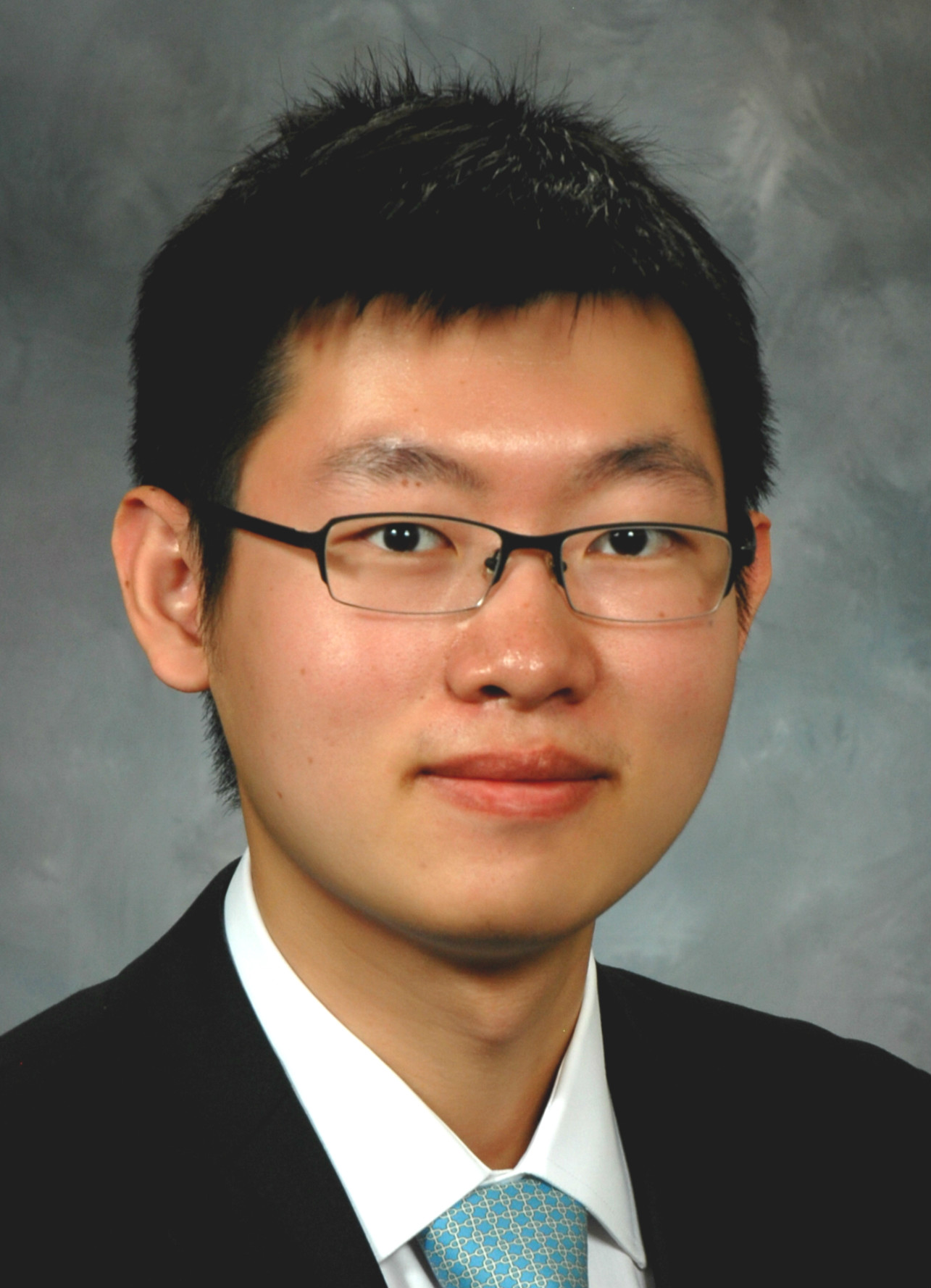
Yiheng Tao is a PhD sudent in Princeton University's Department of Civil and Environmental Engineering (CEE). His research interests lie in the fields of climate change mitigation, renewable energy, and environmental fluid mechanics. Yiheng has developed and implemented a multi-scale algorithm for CO2 injection in fractured reservoirs. Subsequently Yiheng did a detailied analysis of the climate implications of China's Belt and Road Initiative, and is now working on expended infrastructure development in the United States to enable lare-scale CCS deployment. Yiheng graduated with Honors from University of California, Berkeley in 2015, with Bachelor's Degrees in both CEE and Economics. He is applying his Economics background in his infrasturcture analysis. Yiheng also received training in Investments, Accounting, and Corporate Finance.
Tom Postma, PhD Candidate
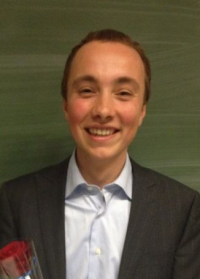
Tom is a PhD student in the Civil and Engineering Department at Princeton University. He has completed a detailed compuational study on CO2 leakage potential along old abandoned wells, conditioned by recent measurements of leaky-well hydraulic properties. He is now developing a coupled geochemistry and two-phase transport model to study CO2 injection into highly reactive rocks like basalts.
Recent Collaborators and Alumni
Professor Jan Nordbotten
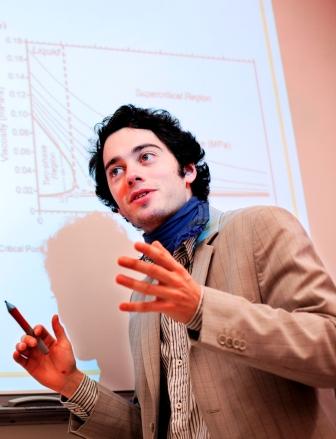
Professor Nordbotten has a full time appointment at the University of Bergen (Norway) in the Department of Applied Mathematics. For many years, Jan was an active member of our group. As the youngest PhD in Norway's history, Jan has unique insights into mathematics and modeling, and has made many fundamental contributions to the study of CO2 injection into deep saline aquifers. Jan's research interest span the areas of flow in porous media; discretization methods; Ecohydrology and Image processing; geomechanics; and science communiations. More information about Jan can be found here.
Ryan Edwards, Ph.D.
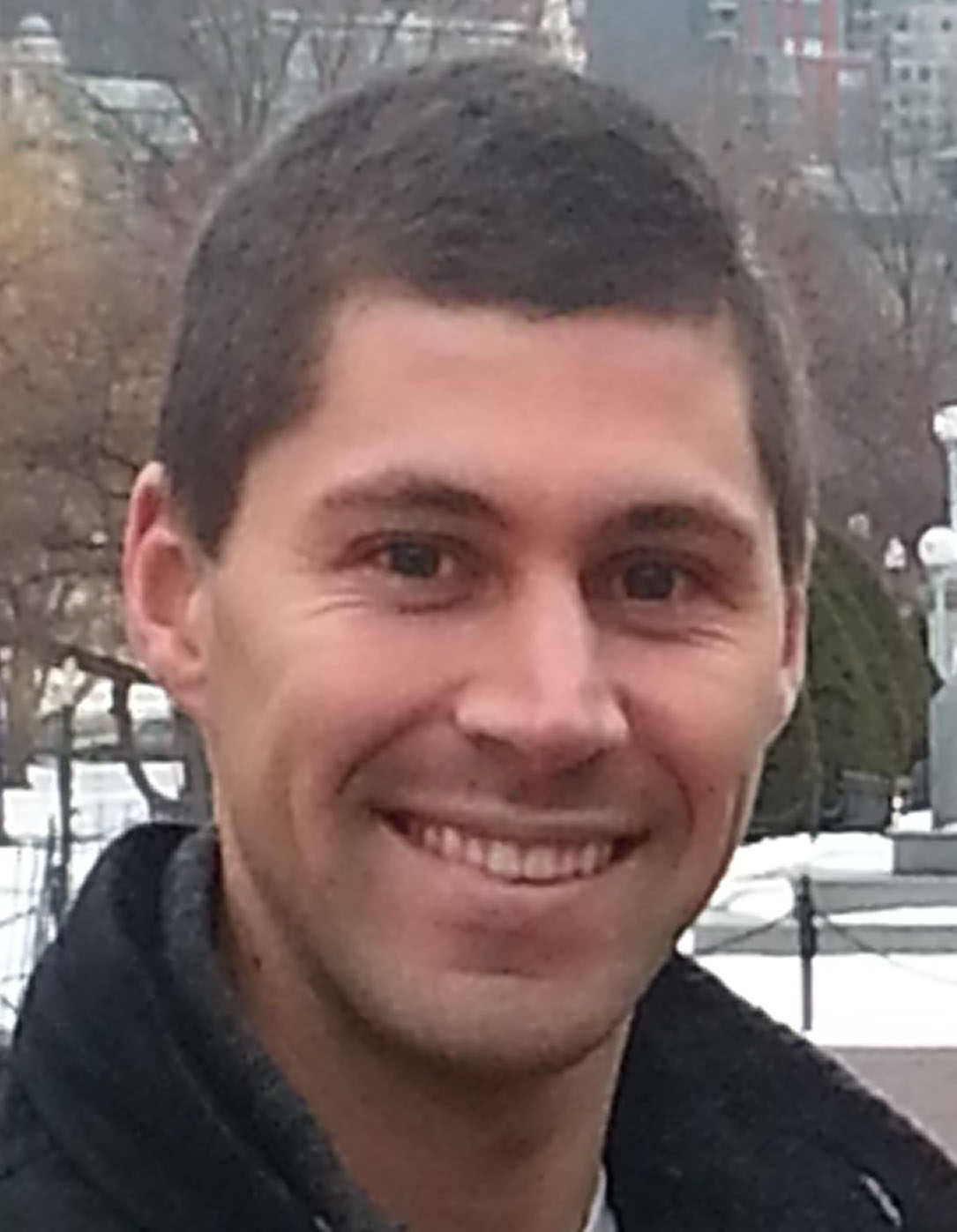
Ryan completed his Masters of Science in Engineering (MSE) degree in the Department of Civil and Environmental Enginering at Princeton in May 2014 and he then joined the PhD program. Ryan has two main areas of research focus. The first is modeling CO2 injection into depleted shale gas reservoirs, with a focus on evaluating the efficacy of the approach. His second research track is investigating the fate of hydraulic fracturing fluid in shale gas formations through two-phase numerical modeling. Ryan is a member of the Princeton Energy and Climate Scholars (PECS) and he is also a Princeton Environmental Institute Science, Technology and Energy Policy (PEI-STEP) fellow with the Woodrow Wilson School. Prior to joining the SHRG at Princeton, Ryan completed a B.E. in Civil and Environmental Engineering and B.Sc. majoring in Geology at the University of Adelaide and worked as a hydrogeologist and water engineer in the mining and natural resource management industries in Australia.
Bo Guo, Ph.D.
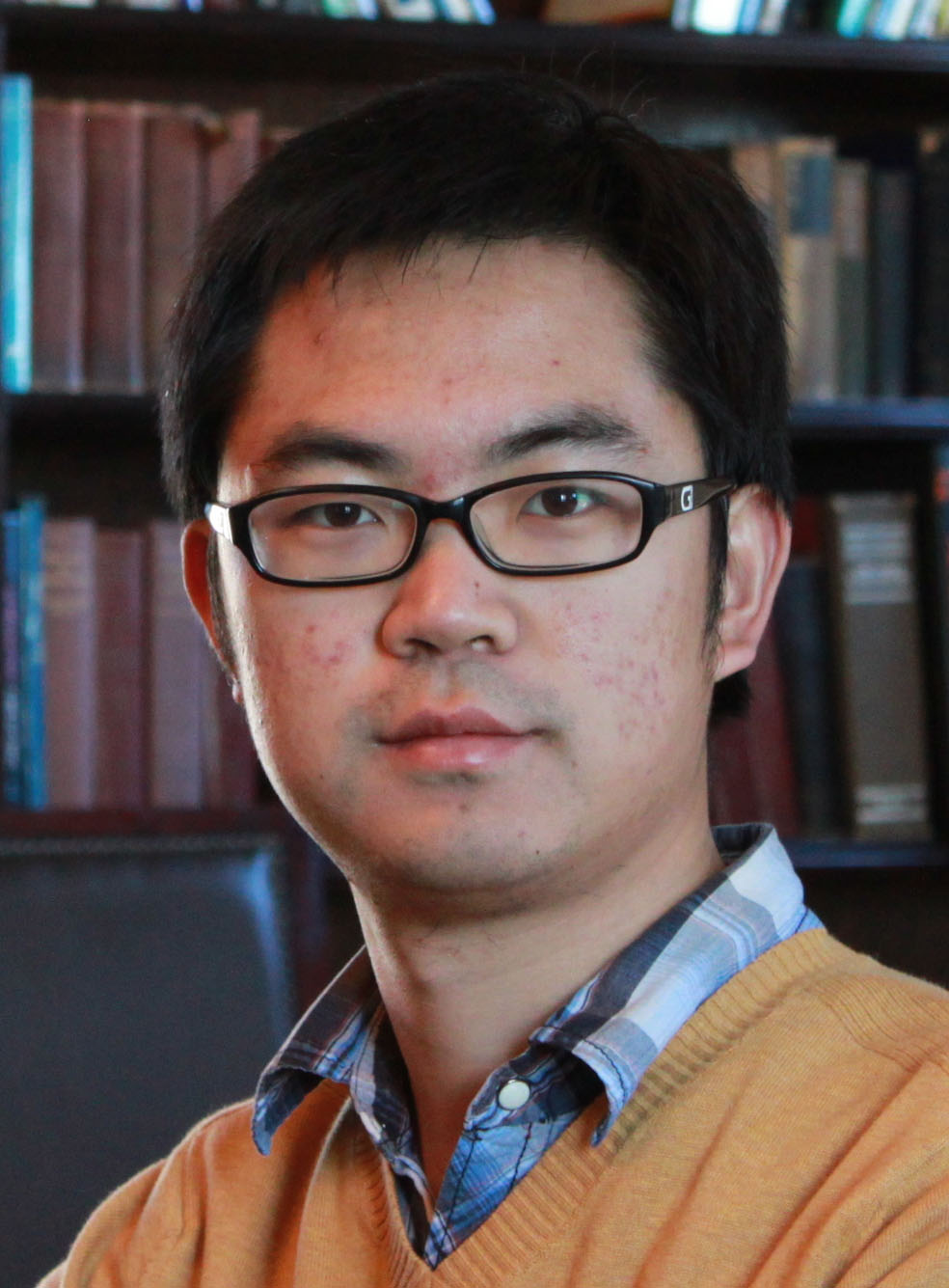
Bo completed his PhD in the Department of Civil and Environmental Engineering in 2016. He joined the PhD program right after he received B.S. (with honor) in Hydraulic Engineering from Tsinghua University in 2011. Bo's PhD research focused on developing efficient computational tools for engineering applications that involve fluid migration in the deep geological formations. Motivated by the engineering application of geological CO2 sequestration, Bo developed a family of new vertically-integrated models with a novel dynamic reconstruction algorithm that solves the vertical dimension as a one dimensional problem. Being able to capture the vertical dynamics of CO2 and brine, while still maintaining a low level of computational cost, these models are very attractive tools for studies of large-scale geological CO2 sequestration. After completing his PhD at Princeton, Bo spent a few years at Stanford s a postdoc, and is now an Assistant Professor at the University of Arizona. To find out more about Bo's work, please see his webpage here: Bo's Webpage.
Mary Kang, Ph.D.

Mary Kang received a PhD in Civil and Environmental Engineering and a certificate in Science, Technology, and Environmental Policy from the Woodrow Wilson School in 2014 from Princeton University. Her PhD dissertation entitled "CO2, methane, and brine leakage through subsurface pathways: exploring modeling, measurement, and policy options" presents work on modeling two-phase leakage through faults and methane emissions from abandoned oil and gas wells. Her modeling work focused on analytical and numerical solutions that can be used in a multi-scale framework. Her work on methane emissions involved field measurements and policy analysis. Prior to arriving at Princeton, she received a B.A.Sc. and a M.A.Sc. at the University of Waterloo in Civil and Environmental Engineering and was employed at HydroGeoLogic, Inc., an environmental engineering consulting firm based out of Reston, VA. After completing a postdoc position at Stanford, Mary is now an Assistant Professor at McGill University. Her current webpage can be found here: Mary at McGill.
Florian Doster, Ph.D.
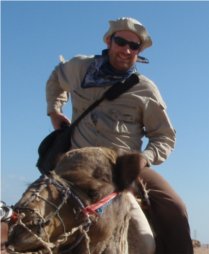
Florian received his PhD in Physics from Stuttgart University, Germany in 2011. During his PhD he investigated a new theory for two-phase flow in media, which aims to overcome the shortcomings of existing modelsby taking into account the different hydrodynamic properties of connected and non-connected fluid parts at laboratory scales. He then joined the Subsurface Hydrology Research Group at Princeton as a post-doctoral researcher, a position that was shared with the University of Bergen. From 2011-2014 he worked on models for two-phase flow with a focus on hysteresis and upscaling and applications to CO2 injection systems. He is now an Assistant Professor in the Institute of Petroleum Engineering at Heriot-Watt University in Scotland, see Florian at H-W.
Juan Nogues, Ph.D.
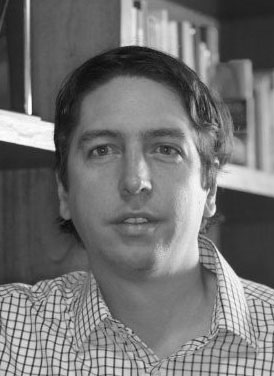
Juan Nogues received a PhD in Civil and Environmental Engineering and a certificate in Science, Technology, and Environmental Policy from the Woodrow Wilson School in 2012 from Princeton University. His PhD focused on studying the evolution of permeability. Juan is currently the Dean of the School of Engineering Sciences at the Universidad Paraguayo Alemana in his native Paraguay. He currently works in applications of groundwater modelling, design of monitoring networks and public policy design for greenhouse gas emissions mitigation in Paraguay. He collaborates with the Subsurface Hydrology group in Princeton by applying semi-analytical models to study the risk of CO2 leakage through old abandoned wells.

